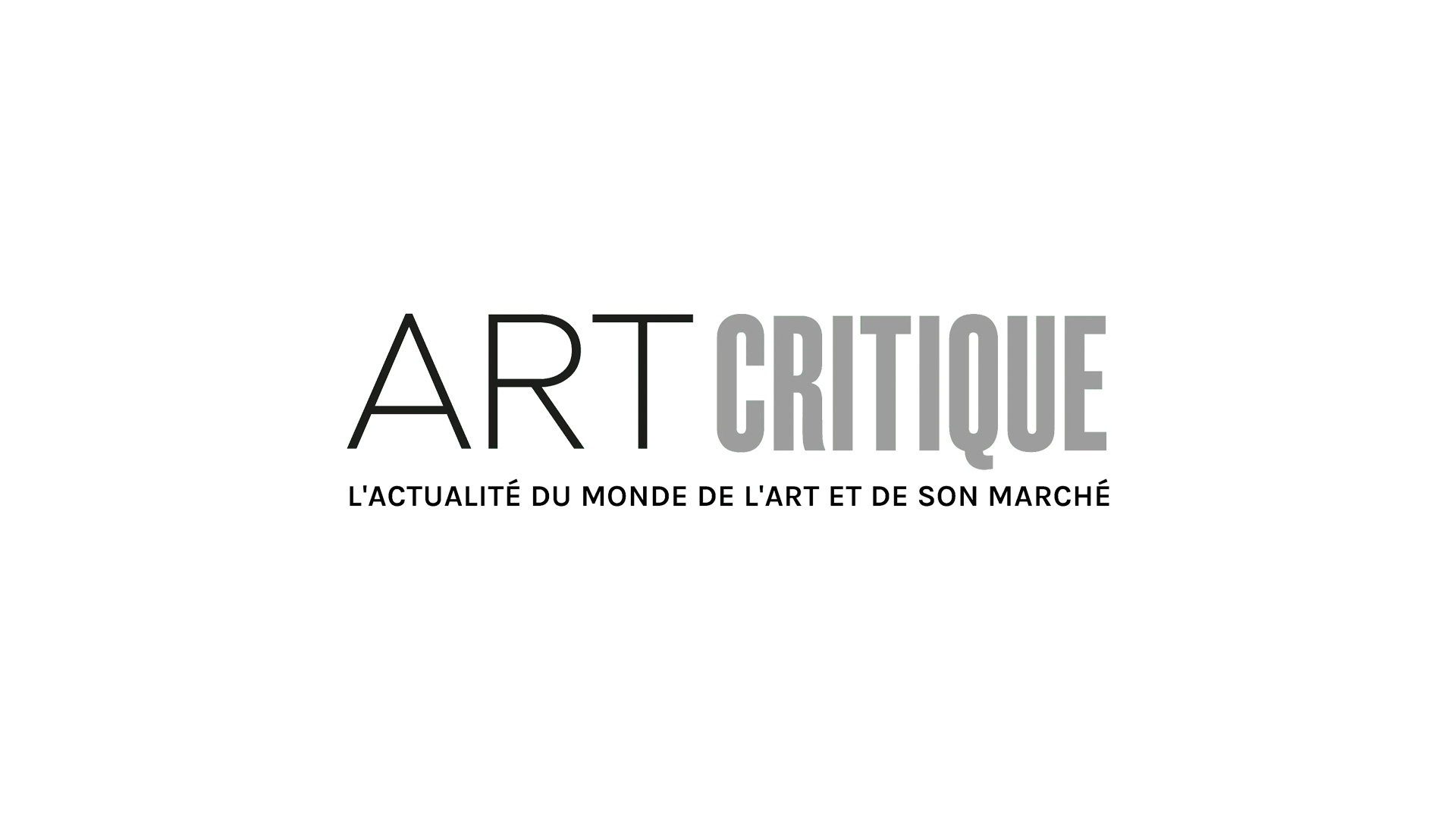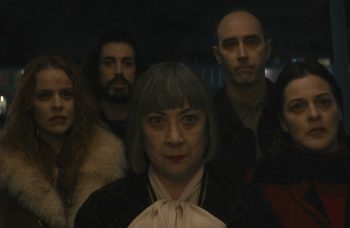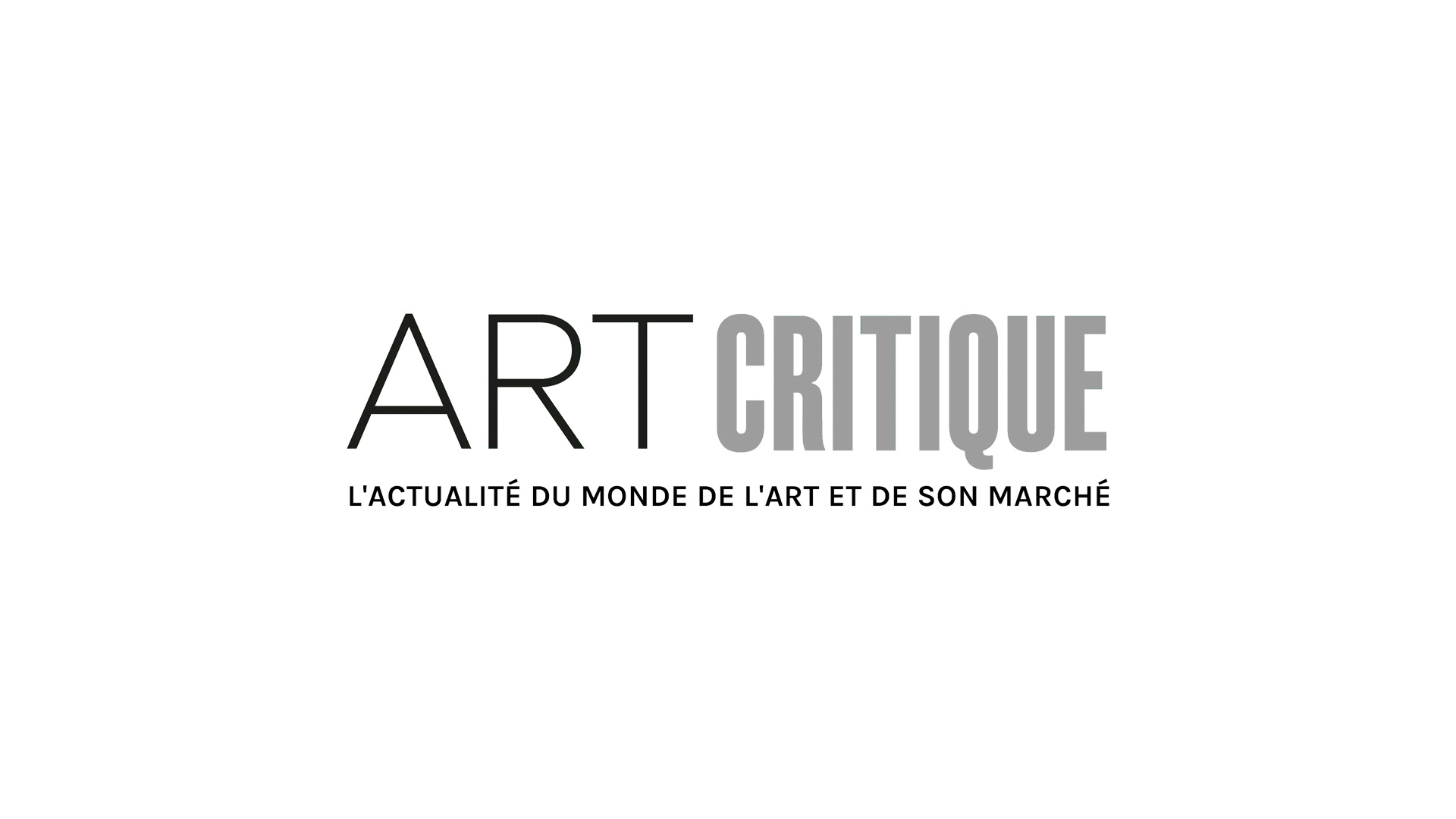Valéria
If I had to mark this fall by one other event, it would be the bonus and the privilege of having attended a private screening of Valéria Bruni-Tedeschi’s latest film, The Summer House, which was shown at the Venice Film Festival at the beginning of September. Valeria once again “takes a risk” by exposing what the audience readily assumes: that the film’s anecdotes come from lived experiences. In the 1970s, cinema was subject to a certain amount of contempt for its tendency to put feelings on the screen “cleansed” by semiology, psychoanalysis, Marxism, structuralism and consequently its early inclination to describe the turmoil of love soon became suspect. Valéria Bruni-Tedeschi dares to invoke a “sentimental realism” by allowing herself to represent the pains of love, its sorrows and disappointments, its wounds and its illusions and give them a prominent place in the narrative. Her characters, who were once blessed by virtue of their social origins, now suddenly seem to find themselves in the minority within a cinema which has been made to feel guilty as a result of major contemporary social phenomena: emigration and the impact of catastrophic urban peripheries. But has Valéria Bruni-Tedeschi achieved the audacity of someone like Jean Renoir, who announced at the end of the 1930s with his Rules of the Game, the perils to come from the sentimental bickering of a group of 20 middle-class individuals locked up in a castle in Sologne? I think so.
Valéria Bruni-Tedeschi once again establishes herself as the central character of the film but allows her narrative to dissolve and erase that prominence for the benefit of other characters. This familial community which comes together to celebrate the end of summer is the sensitve plate for some struggles which we forget might have previously been described as “class”conflicts.
The film is due to be released in January 2019 accompanied by a retrospective of her previous films at the French Cinematheque ; it recalls the Italian atavism of « the » Bruni-Tedeschi, to the point where it recaptures certain techniques used by Fellini –as in 8 ½ for example—of mixing dreams and reality without the use of any filmic punctuation. The ending of The Summer House – the French translation of which is Les Estivants and is a title that a filmmaker such as Visconti might have also borrowed— is also reminiscent of the Antonian tendency of manipulating climatic effects (mist), whether artificially recreated or not, to suggest the uncertainties of the soul.
The actress-producer also stirs things up by combining the body’s painful decline with burlesque chaos. I wished that she subscribed to the French tradion of cinematic autofiction but even more to the great mastery of burlesque directors who cannot entrust their comic talents to anyone else but themselves. From major American burlesque stars to Nanni Morretti, we are never better served than by using one’s own body as the infinite palette of emotional disarray.





